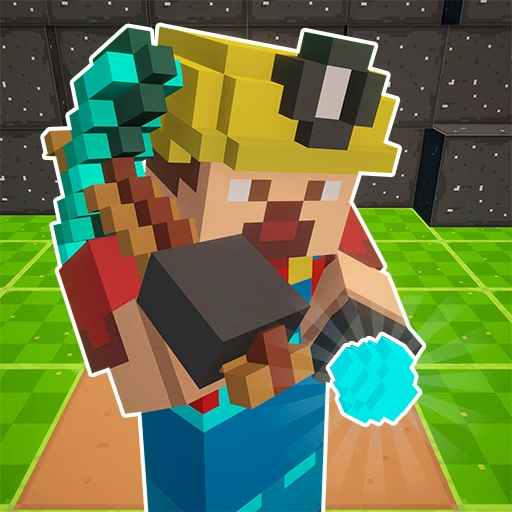If you’re passionate about making a difference in the lives of children and believe in the power of education, then an Early Childhood Education (ECE) degree may be your golden ticket to a fulfilling career. As with any significant journey, taking the first step can be daunting, but fear not! In this article, we will demystify the world of ECE degrees, providing you with a comprehensive guide to help you navigate this exciting field. From the basics to tips and hacks, we’ve got you covered!
Why Pursue an Early Childhood Education Degree?
As advocates of education, we know that the early years are crucial in shaping a child’s future. By obtaining an ECE degree, you become equipped with the knowledge and skills to foster a nurturing and stimulating environment for the little ones. But why exactly would this degree be the perfect fit for you?
1. Impactful Work: Working with young children allows you to make a lasting impact on their lives. Every day, you’ll have the opportunity to shape their learning experiences, helping them grow into confident and curious individuals.
2. Career Opportunities: The demand for skilled and passionate early childhood educators is on the rise. With an ECE degree, you’ll open doors to a plethora of career paths, including teaching in public or private schools, leading preschool programs, working in child care centers, or even pursuing entrepreneurial ventures in the education sector.
3. Personal Growth: Alongside nurturing young minds, the ECE journey fosters personal development. By constantly adapting to the needs of each child, you’ll enhance your communication, problem-solving, and leadership skills, qualities that will benefit you in any profession.
What to Expect from an Early Childhood Education Degree?
Now that we’ve explored the motivations behind pursuing an ECE degree, let’s dive into what you can expect from your journey. Whether you’re stepping into a physical campus or embarking on an online program, here are the key aspects you’ll encounter:
1. Coursework: ECE degrees encompass a range of courses, including child development psychology, curriculum development, educational theory, and special education. You’ll also gain hands-on experience through practicums or internships, providing you with real-world exposure.
2. Specializations: Many ECE programs offer specializations to cater to your interests and career goals. These can include areas such as special education, infant and toddler development, or administration. By focusing on a particular specialization, you can differentiate yourself in the job market and tailor your skills to your desired path.
3. Licensing and Certification: While obtaining an ECE degree is an essential step, it is often necessary to acquire state licensure or certification to practice as an early childhood educator. Research the requirements of the region you wish to work in, as they may vary.
Tips and Hacks for Excelling in Your Early Childhood Education Degree
As you embark on your ECE degree journey, arm yourself with these helpful tips and hacks to maximize your success:
1. Embrace Continuous Learning: As an early childhood educator, your role is to facilitate lifelong learning, and this applies to your own journey as well. Continually seek professional development opportunities, attend conferences, and stay up to date with the latest research and trends in early education.
2. Build a Support System: Surround yourself with fellow ECE students and professionals who share your passion. Join online communities, local associations, or even create study groups. Collaborating with others will not only enhance your learning but also provide a support system to lean on during challenging times.
3. Gain Practical Experience: Theory is important, but hands-on experience is invaluable. Seek out internships or part-time positions in early childhood settings to apply your learning in real-world scenarios. Volunteering in community programs is also an excellent way to build your skills while positively impacting your local community.
4. The Power of Reflection: Take the time to reflect on your experiences and classroom interactions. What worked? What didn’t? By critically analyzing and reflecting on your practice, you’ll continuously improve and refine your teaching methods.
Unlocking the Potential of Young Minds
An Early Childhood Education degree has the power to unlock the potential within every child, and with your dedication, you can be the guiding force in their journey of discovery. Remember, this path is not just about obtaining a degree; it’s about embracing a calling, a passion for nurturing young minds. So, take that first step, explore the countless opportunities, and embark on an extraordinary adventure – the world of early childhood education awaits you!


